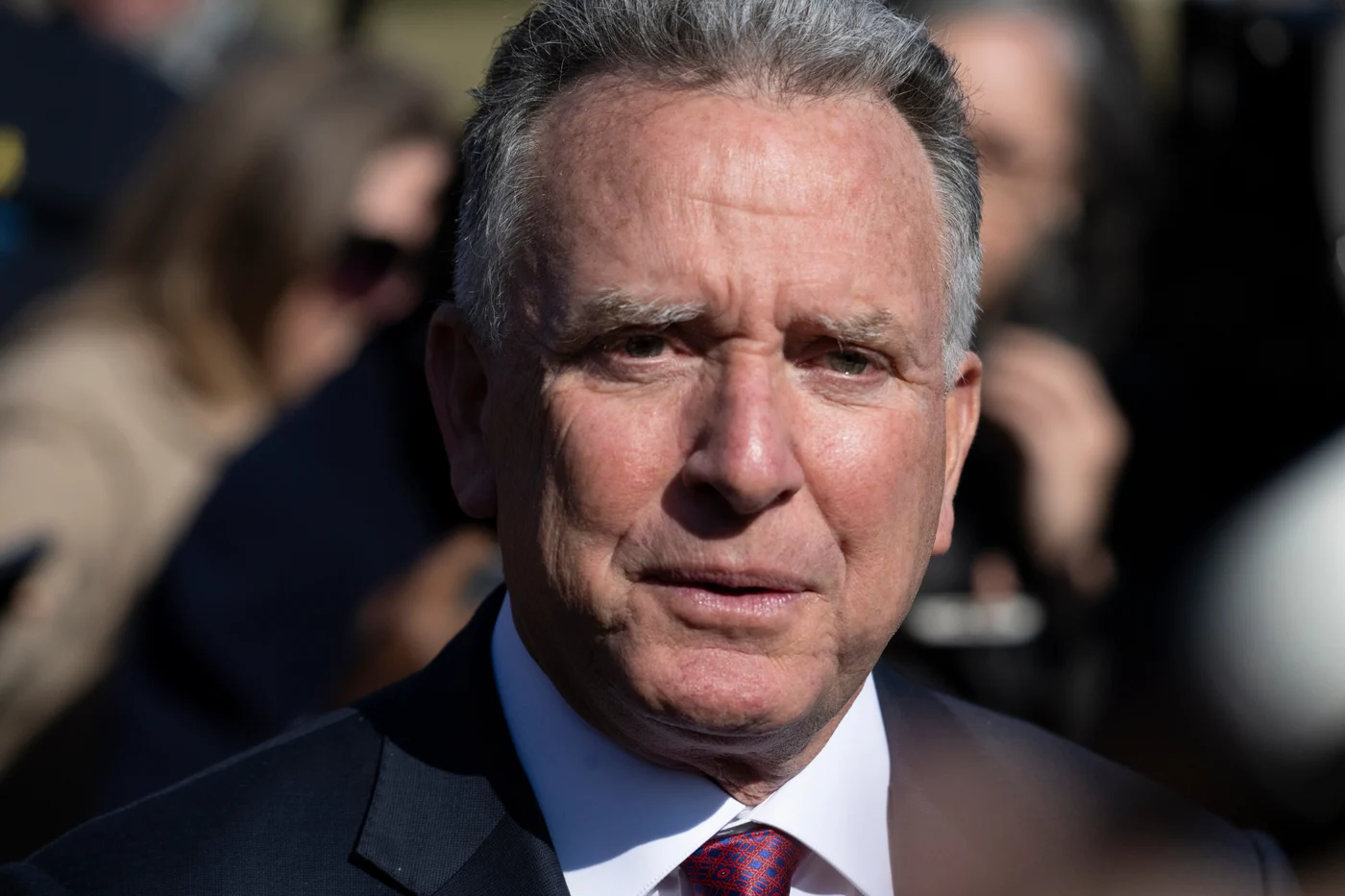Hostages for a Ceasefire: The New Witkoff Proposal Tears Israeli Leadership in Two
The fate of the hostages hangs in the balance, making every decision a matter of life and death.

U.S. Special Envoy Steve Witkoff presented a new proposal yesterday (Wednesday) aimed at securing a ceasefire and the release of hostages held by Hamas.
The plan offers a 60-day ceasefire in exchange for the release of nine living hostages and 18 bodies in two phases within a week, a slight reduction from the original proposal’s ten living hostages. The deal does not commit Israel to ending the war, allowing it to resume fighting if negotiations fail, while opening the door for further hostage releases if talks progress. This proposal has sparked heated debate within Israel, with political leaders clashing over its implications.
Details of the Witkoff Proposal
The new plan, detailed on Channel 12 News, outlines:
Angry Israeli politicians rail against the new proposal:
Finance Minister Bezalel Smotrich vehemently opposed a partial deal, arguing that Hamas is under “immense pressure and distress” due to Israel’s new direct-aid distribution model and sustained military pressure. “Hamas is losing control over the Gaza population,” Smotrich said. “We must keep tightening the noose around its neck to force a complete surrender deal with all hostages released at once. It would be sheer madness to ease pressure now and sign a partial deal that gives Hamas oxygen and a lifeline to recover. I won’t allow this to happen. Period.”
Speaking on 103FM with Barak Seri and Yehuda Schlesinger on May 29, 2025, Smotrich denounced the proposal as a betrayal of Israel’s strategic gains. “I oppose this lifeline for Hamas,” he declared. “The terrorist organization is in distress. The new aid distribution model is disconnecting Hamas from the population, and the cabinet decided we will keep fighting, we’re not leaving the territories we’ve captured.” Smotrich said that recent chaos, including a mob storming Hamas’s Al-Ghafri flour warehouses in Al-Maghazi camp, is evidence of the group’s weakening grip, as reported on Channel 12.
Foreign Minister Gideon Sa’ar countered Smotrich, emphasizing national priorities over political pressures. “Eleven days ago, Israel gave a positive response to the U.S. proposal for a hostage release framework. Hamas has so far refused,” Sa’ar stated. “However, if there’s a chance to free hostages, it’s the right thing to do, and it’s the overwhelming will of the Israeli people. We must act according to national interests, not political threats.”
Likud MK Moshe Saada echoed Smotrich’s fury on X, warning that returning aid to UN control would “resuscitate Hamas just before its final collapse.” He called the partial deal “moral folly and, worse, a security folly that will revive Hamas and bring us closer to another October 7.” Saada added, “Hamas is losing its hold, as seen in recent historic developments. A partial deal that conducts a Nazi-like selection of our hostages is no longer relevant. I expect a clear statement from the Prime Minister and ministers representing the national camp against this terrible proposal, which will give Hamas a shot of adrenaline and leave over half our hostages in their hands.”
Minister of Diaspora Affairs and Combating Antisemitism Amichai Chikli was equally blunt on X: “Against! Enough with this salami-slicing approach. Let our fighters complete the mission. Hamas must raise a white flag and lay down its arms. All hostages must be released in exchange for allowing surviving Hamas leaders in Gaza to leave.”
Israel continues to faces a moral and strategic dilemma: seize a partial deal or hold out for total victory.